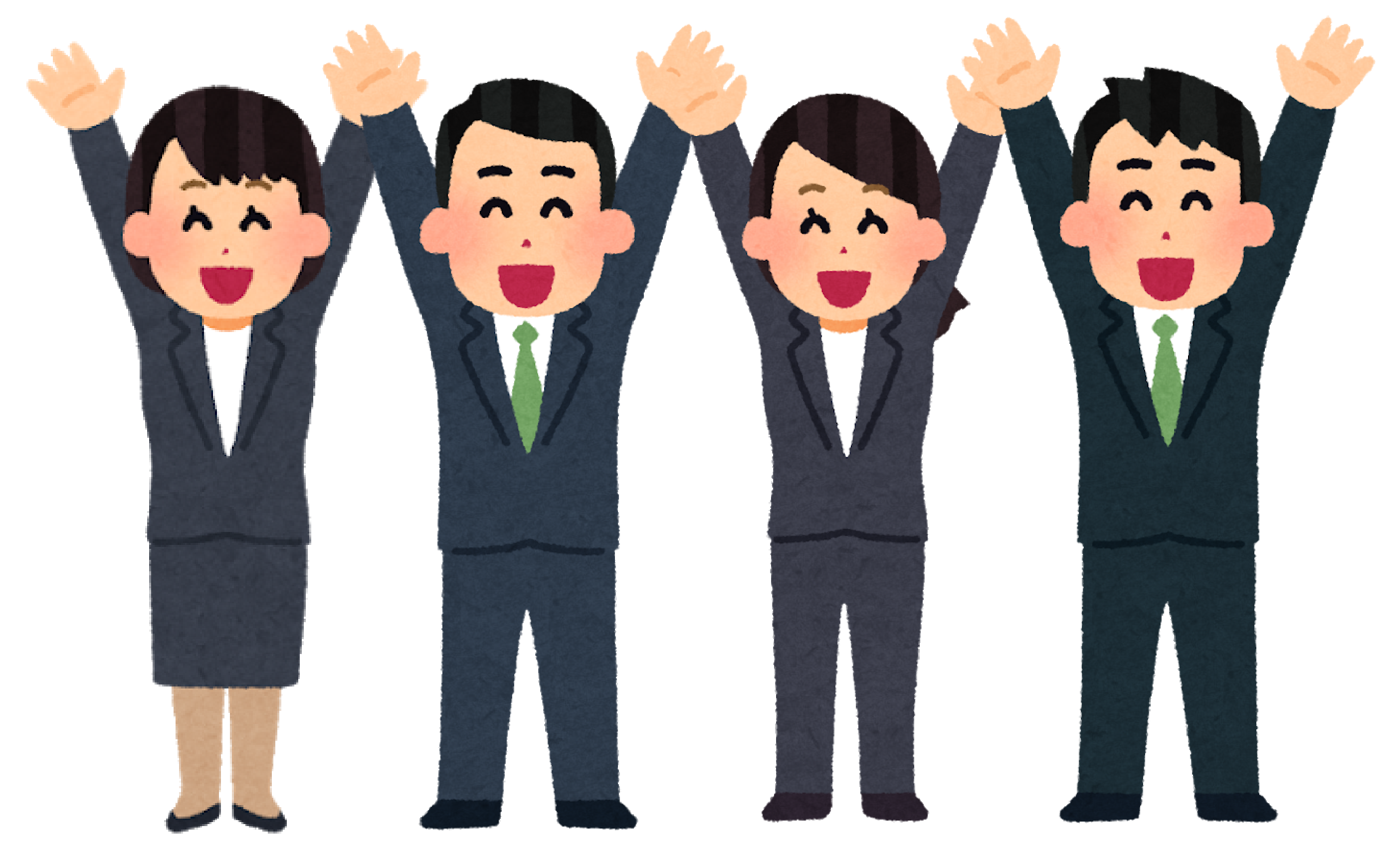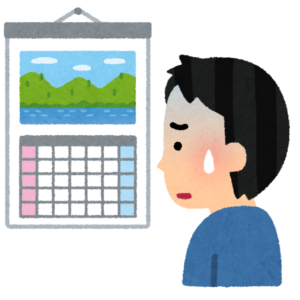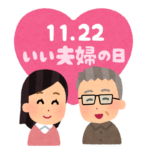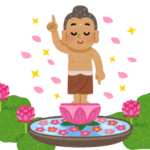
Dai-ichi Life announced the results of an interesting survey.
It was a survey of 3,000 elementary, junior high and high school students across Japan, asking them what they wanted to be when they grew up.
What a surprise, the first place is a company employee. (The first place for elementary school girls was pâtissière, and "company employee" was the fourth place.
The percentage of elementary school students who want to be a company employee is about 8%, but by high school students, the percentage exceeds 20% for both males and females.
As high school students start to think more concretely about their future, it is likely that many of them will choose "company employee. The percentage of respondents who answered "public servant" was also 10%.
Aside from civil servants, unlike in the past, being a "company employee" does not guarantee a stable income and lifestyle in the future, but I guess children still see it as a stable job.
By the way, can we call an "a company employee" a profession?
There is probably a "company employee" item in the answer choices section of this survey, so I think many children chucked it in.
In Japan, it is quite normal to write "company employee" in the occupation field, but when you think about it, "company employee" means a person who is employed by a company, and it seems strange to call "company employee" an occupation.
There is an occupation column on the entry card that you fill out when you go abroad, but since you cannot write "company employee," guidebooks often refer to you as a clerk or office worker.
However, not all "company employees" in Japan are clerical workers, and the overwhelming majority of them work in the sales department, except for technical companies.
If you were to ask someone overseas, "What do you do? If you are asked, and you answer, "I'm a company employee " or "I work for a company," the other person will be confused.
If you say, "I'm a car salesman" or "I'm an accountant," they'll understand.
I think this happens because of differences in employment practices.
In Japan, many people enter a company as new graduates, but with the exception of specialists, most are hired as regular employees.
Which department of the company you will work in is decided after you join the company.
In many cases, the human resources department decides on your assignment after assessing your aptitude by giving you experience in several departments.
It is not unusual for a person to be assigned to a sales position even if he or she had hoped to work in accounting or planning at the time of joining the company.
In other words, the way Japanese company employees work is that their job content changes depending on the company's circumstances.
On the other hand, in countries where hiring by job is common, the type of work to be done is clearly stated at the time of recruitment, so it is unlikely that you will be assigned to a different department after joining.
Therefore, it is no wonder that when Japanese people are asked, "What is your occupation?
I suppose I can't help but respond with "company employee.
By the way, what career did I want to have when I grow up?
In elementary school, "I don't remember. When I was in junior high school, "Film director". When I was in high school, I was a historian or an announcer. When I was a college student, I was "an announcer or a company employee.
I've been working as a "company man" for over 40 years, and I'm planning to retire from "company man" soon.
My career after that is undecided at the moment, but it might be a good idea to challenge the job I wanted to do in the past.









